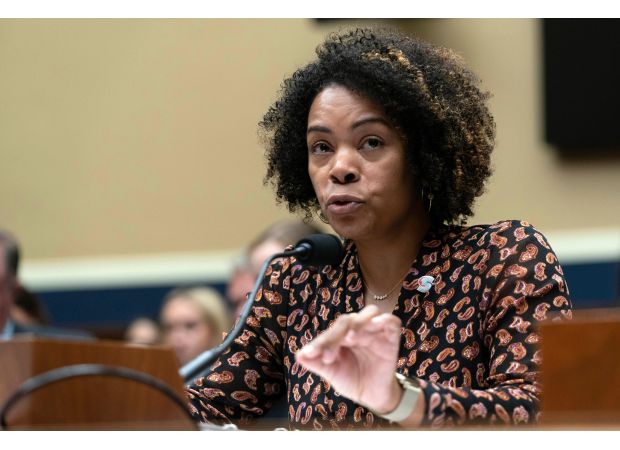New bill targets sex abuse in sports by making changes to SafeSport Center.
"Four members of Congress introduced a bill to improve the U.S. Center for SafeSport, including a time limit on resolving cases and better communication with abuse survivors."

Four members of Congress came together on Friday to introduce a bipartisan bill that aims to bring about changes within the U.S. Center for SafeSport. The bill is focused on tackling some of the major concerns that have been raised about the center since its establishment in 2017. The center was created to handle cases of sexual abuse in Olympic sports and their grassroots counterparts.
One of the key provisions of the Safer Sports for Athletes Act is to place a time limit on resolving cases, which can often drag on for years. This would greatly improve the efficiency of the center and also foster better communication between the center and survivors of abuse. The bill also looks to address the issue of funding for the center, with a potential increase of five times the current grant amount, bringing it to $10 million per year. However, even with this increase, it may not be enough to solve all the problems.
The existing grant can only be used for training and education, not for investigations and enforcement, which have been the subject of complaints about the center. This is also the focus of the reforms proposed by the lawmakers. Representative Deborah Ross from North Carolina, one of the sponsors of the bill, explained, "We're hoping the combination of appropriations for other activities will free up money for investigations, as well as the streamlining."
According to the center, the reforms proposed in the bill could cost over $4.5 million. Currently, the center operates on a budget of around $21 million per year, mostly funded by the U.S. Olympic and Paralympic Committee and its national governing bodies. Ju'Riese Colon, CEO of SafeSport, expressed some uncertainty about the bill, saying, "It's really unclear, and I don't think that some parts of the bill jibe with other parts of the bill. We're going to need some more conversation to suss out some of this stuff. Right now, it just doesn't really add up for us."
Critics of the center have also been skeptical about providing more resources to an agency they feel is not fulfilling its purpose. The bill also includes a mandate for investigations to be concluded within 180 days of a report being made, with the possibility for extensions. This is in response to complaints from survivors who have had to wait years for their cases to be resolved.
At present, the center receives an average of 155 reports per week, which adds up to more than 8,000 per year. It operates with a team of 77 people to respond and resolve these cases. Soccer player Mana Shim, who helped draft the bill, shared her own experience of a case involving sexual harassment and coercion by her coach, which took over two years for the center to resolve. Her case led to investigations and reforms within American soccer.
Other reforms proposed in the bill include providing victim advocates at no cost and assigning case managers to give timely updates to both victims and the accused. Colon expressed some concerns about the provision for the center to hire and staff advocates, saying, "I have questions around if the center were to hire and staff the advocates, there might be some conflict of interest with us doing this internally."
The center also raised concerns about two other provisions in the bill, one involving arbitration and the other regarding information sharing between the center and the USOPC and NGBs. The other sponsors of the bill are Representatives Dave Joyce, Don Bacon, and Kathy Castor. They presented the bill as a way to support the center while also making it clear that they are not satisfied with its current performance. Castor stated, "We're going to make sure the center has the resources it needs to effectively respond to thousands of reports it handles annually. Unfortunately, it has fallen short." Ross acknowledged that the bill may not pass in the current Congress, but emphasized the importance of setting the stage for it as soon as possible.






